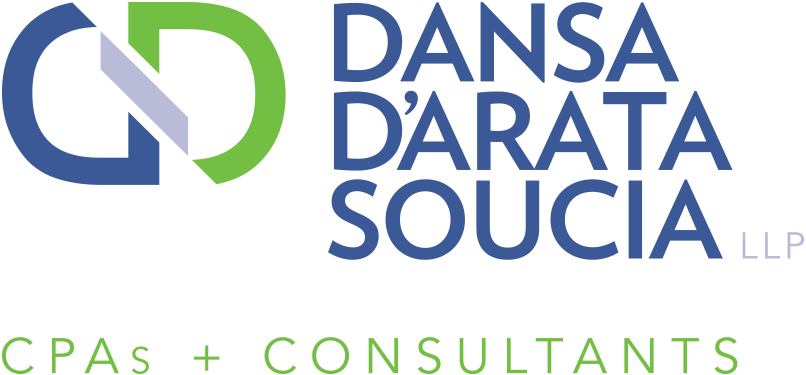KPIs for Your Nonprofit Organization

Key Performance Indicators (KPIs) are quantifiable measurements used to track an organization’s performance towards the achievement of its objectives. Commonly used by company executives, boards, and other stakeholders, they can be a valuable tool when understood and used properly in a nonprofit organization.
KPI’s may be financial or non-financial metrics. Each can be used to not only help a nonprofit identify its strengths and weaknesses, but they can also aid in the quintessential process of obtaining grants and other funding. Below are some common financial KPI’s relevant to nonprofits:
- Year-over-year Growth – This is used to compare current financial performance with the financial performance at the same point in time during the previous year. It allows management to evaluate whether the organization’s financial performance is improving, worsening, or staying the same over time. The metric can also help depict cyclical or seasonality trends, which can provide insight for strategic planning initiatives.
- Fundraising Return on Investment – For fundraising events held throughout the year, tracking the costs associated with holding the event and dividing it by the amount of money raised from the event will provide the overall Return on Investment (“ROI”). Tracking this metric for events held annually will allow management to see how the event is contributing towards the organization’s fundraising efforts. It will also help when it comes to making decisions about the future of the event. Was the timing appropriate? Should we consider alternative fundraising events?
- Donation Growth – Comparing the amount of donations received across a monthly or yearly timeframe will show if donations are increasing or decreasing over time. Looking at this KPI may assist management in strategizing its process for obtaining donations, such as whether or not to, or how to, expand its advertising and marketing reach to help promote the organization and its mission further.
- Functional Expense Allocations – Grantors are always interested in the percentage of expenses that are going towards “Program Costs” vs. “Management & General”. It is important to track this metric and be able to show that Management & General is run lean and the bulk of the Organization’s cost structure is towards achieving the Organization’s mission statement.
Non-financial KPIs are also important to keep in mind and can sometimes be just as important as the financial metrics in determining the success of a nonprofit. Some common non-financial measures that should be considered include:
- Retention Rates – Monitoring the retention rates of both donors as well as employees or volunteers can serve as a measure of the organizations ability to carry out its goals and mission while also providing insight into the culture and work environment of the organization. An organization has to evolve to drive continued interest and investment from its employees, donors, and other stakeholders.
- Beneficiaries Served – Helpful when applying for grants and future funding, this KPI will show the effectiveness and the outreach the organization has had while carrying out its mission. Are there certain beneficiaries that seem to be the most positively impacted? Is the organization doing everything it can to identify any potential new beneficiaries while still serving its current ones?
- Social Media Engagement – Similar to retention rates, tracking social media interactions with the organization’s posts such as likes, comments, and shares can help show that the nonprofit is creating positive media buzz and reaching its targeted demographic.
A not-for-profit entity differs from a for-profit organization in that its main focus is not on making money for itself, but rather to carry out its mission for the benefit of others. Incorporating certain KPIs into regularly held performance reviews, board meeting discussions, etc., can assist an executive director in ensuring that their organization remains on track and can continue making a positive impact on the people, organizations, and community around us.

Brendan Kelly is a Senior Auditor at Dansa D’Arata Soucia LLP. As a member of the firm’s Audit and Assurance department, Brendan provides various consulting services in addition to standard financial audit, review, and compilation engagements.
